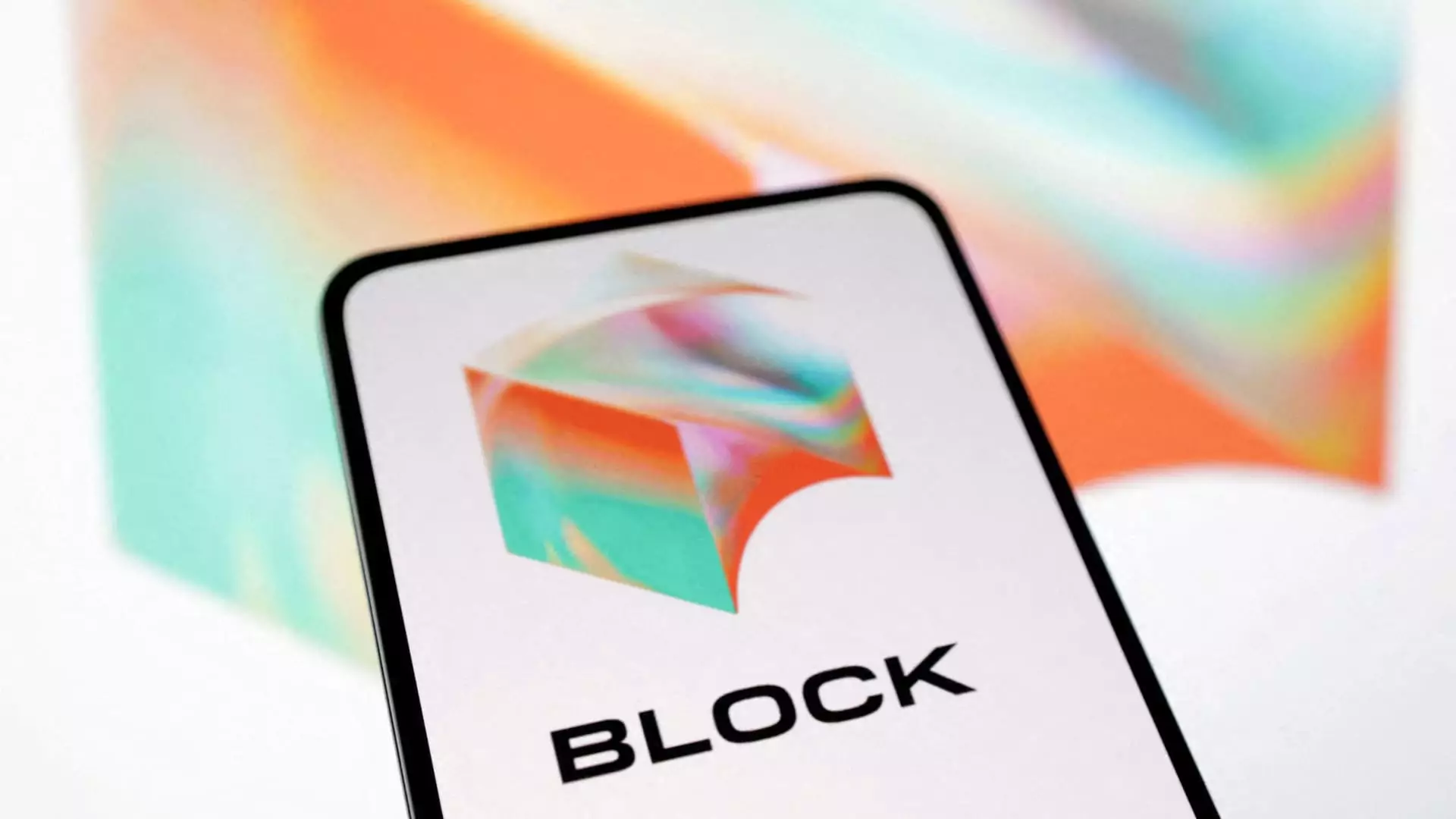Block, the financial services and mobile payment company previously known as Square, reported its third-quarter earnings in a manner that raised eyebrows among investors and analysts alike. While the company did meet some profitability expectations, its revenue figures fell short, leading to an initial stock sell-off. This incident highlights the complexities surrounding the evaluation of financial health in today’s marketplace, where metrics like gross profit can hold more sway than raw revenue numbers.
In a financial landscape marked by volatility, and with analysts relying heavily on consensus estimates from LSEG, Block’s earnings report revealed nuanced insights. The company’s adjusted earnings per share were reported at 88 cents, slightly exceeding the 87 cents forecasted. However, the revenue of $5.98 billion missed analysts’ expectations of $6.24 billion, prompting immediate market reactions. Understanding why investors recalibrate their focus from revenue to profitability is vital; Block’s gross profit of $2.25 billion, reflecting a 19% year-over-year increase, acts as a more reliable indicator of operational health in contrast to revenue alone.
Chief Financial Officer Amrita Ahuja emphasized on CNBC that the narrative is shifting towards profitability, aligning with a broader market sentiment that prioritizes sustainability over sheer revenue generation. This prevailing outlook hints at an evolution in investor mentality, one that regards healthy margins and profit potential as crucial determinants for long-term success.
Block’s Cash App was a notable highlight in the earnings release. The platform generated $1.31 billion in gross profit, marking a robust 21% increase from the previous year. The numbers indicate a well-established user base, with monthly active users of the Cash App Card growing to over 24 million. Such metrics suggest that Block is not just a player in payment processing but is becoming increasingly pivotal in users’ financial lives.
However, the Gross Payment Volume (GPV) of $62.4 billion fell below the anticipated $64.3 billion, underscoring the competitive challenges that persist within the fintech sector. Nevertheless, the company expressed optimism, predicting a 14% increase in gross profit for the upcoming fourth quarter, projecting $2.31 billion. Such forecasts serve to reassure investors that despite short-term bumps, the business is paving its path toward expansive growth.
As the fintech landscape evolves, Block’s strategic pivot toward its lending services becomes evident, particularly following its acquisition of Australian BNPL firm Afterpay. In his quarterly letter to shareholders, CEO Jack Dorsey articulated his vision of positioning Cash App Cards as an alternative to traditional credit cards through Afterpay integration. This strategy aligns with broader trends indicating consumers’ growing preference for buy now, pay later models.
The application of artificial intelligence in underwriting processes amplifies Block’s competitive edge. Ahuja highlighted that the firm maintains low loss rates across its lending products—approximately 1% for buy now, pay later offerings, 3% for Cash App Borrow, and 4% for Square Loans. Such statistics are critical as they fortify the credibility of Block’s operations, ensuring that it can weather potential disruptions while providing value to consumers.
Throughout this tumultuous quarter, Block has shown a willingness to streamline operations, including scaling back on its investment in Tidal, the music-streaming service founded by Jay-Z, and shutting down its Bitcoin-focused initiative, TBD. These moves signal a cautious yet strategic approach to resource allocation, especially in light of the layoffs that occurred earlier in the year.
Dorsey’s reaffirmation of Block’s commitment to making Bitcoin accessible through Cash App indicates an inclination to retain a foothold in the cryptocurrency market without overstretching the company’s focus. Block holds 8,300 Bitcoin valued at approximately $630 million—an asset that may offer future financial leverage depending on market fluctuations.
Block’s third-quarter earnings reveal a company navigating a complex intersection of profitability, strategic innovation, and market volatility. While certain metrics have raised concerns among analysts, the overall trajectory indicates a concerted effort to enhance gross profit and diversify financial products. Going forward, investors will be keenly observing how well Block capitalizes on these strategies in an increasingly competitive landscape.

